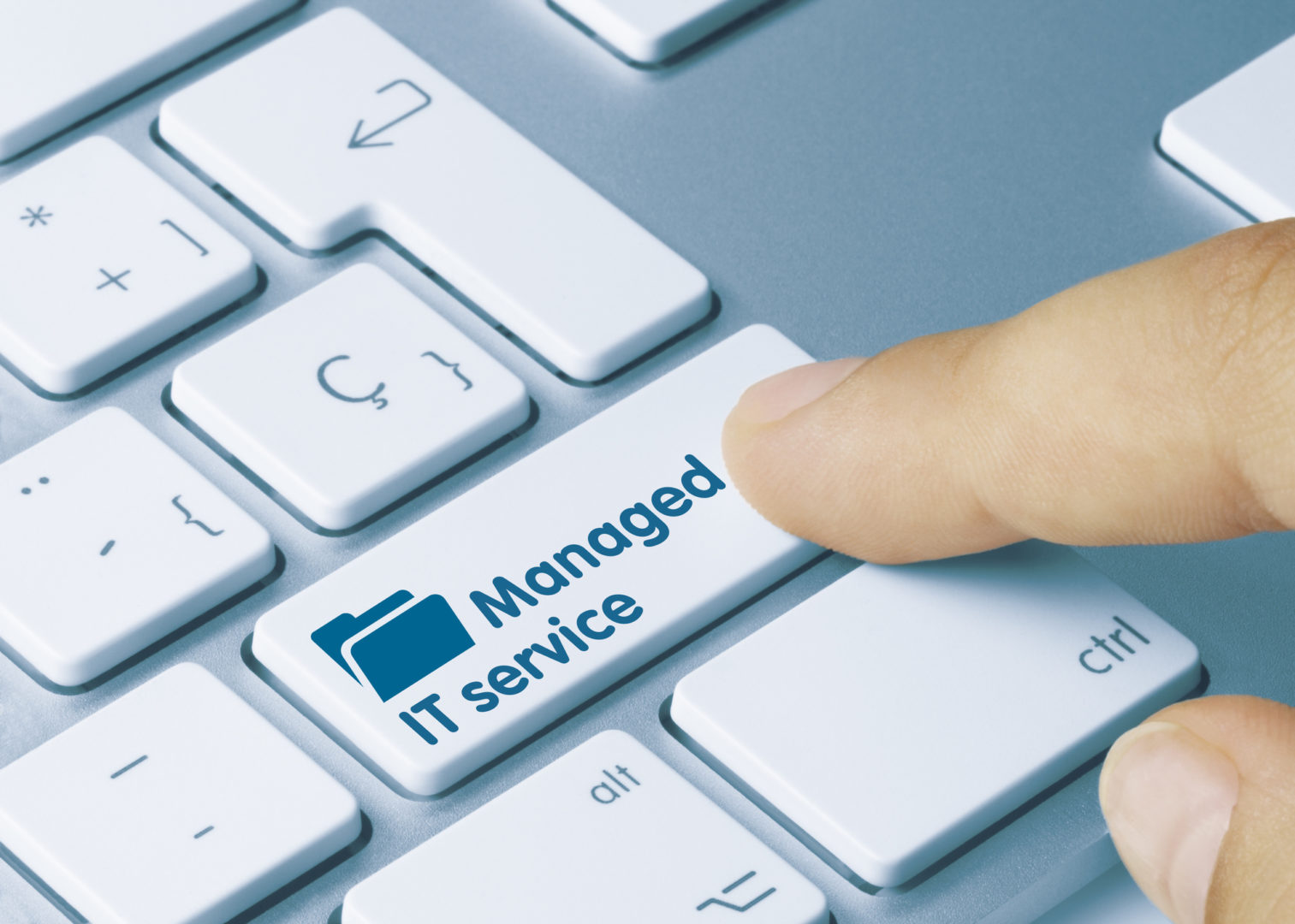Managed IT services or outsourced IT is a third-party service offering firms with infrastructure, IT, and other technical assistance. You may also hear that kind of company called MSP, short for managed service providers.
Services offered by MSPs can range considerably from cybersecurity needs, VoIP solutions, backup recovery, etc. In general, organizations seek outsourced IT support when they lack the capital to recruit and maintain their own internal IT teams. Or whether the skills and benefits that outsourcing can give are preferable.
Because of the wide-ranging and challenging IT issues, it is not unusual for a firm to employ MSP in some way. However, like with many things related to technology, MSPs cover a broad range of various types of managed services. Knowing which services are available and which ones you need can be challenging.
So we are here to clarify a few questions concerning the wide choice of managed IT services you can have.
Managed Communication Services.
These may include video calling, messaging software, Voice over Internet Protocol (VoIP), or email services. Each solution is designed to enable firms to select the best ways to engage with consumers and internally.
Data Analytics.
Data analytics allow a service provider to use the raw data of your firm and turn it into usable information you use to make future business choices. This service often employs a cloud-based technology to provide information and is popular with larger companies.
Managed Software as A Service (SaaS).
SaaS is frequently offered as a subscription, hosted centrally, and is subject to license charges. Many different forms of software can be used without a managed service provider. However, professional assistance in installing, personalizing, and debugging these programs will allow them to work more efficiently. They can incorporate various SaaS apps with their monthly membership rates depending on your managed service provider.
Managed Infrastructure and Networks.
An MSP usually does all network duties with this sort of service. This includes building your company’s LAN, WAPs, and diverse connections. They also manage alternatives for backup and storage.
Managed Security.
This is an all-encompassing service for remote security infrastructure. It covers everything from BDR to anti-malware solutions and keeps them up-to-date in real-time.
Managed Support Services.
This option is widespread among MSPs. It often encompasses all IT-related services – from troubleshooting to addressing sophisticated concerns.
Managed Print Services.
A managed service provider supports the data and file infrastructure remotely with this form of managed service. Often it is beneficial for enterprises with sophisticated file management requirements.
Managed Cloud Infrastructure.
Cloud infrastructure management handles computing, storage, network, and IT, amongst the most comprehensive categorization of services. Some suppliers may additionally offer apps, software, operating systems, or more with virtualization services.
Managed Wireless and Mobile Services.
Like hosting and storage management, this service focuses on the same capabilities, but the wireless portion offers significant savings because it is not being implemented physically.
Today’s business requirements make mobile devices vital for every company’s employees and management. By equipping your organization with integrated mobile software services that allow your whole staff to connect from anywhere to the network, total synchrony amongst your workforce is guaranteed. It also facilitates the sharing of information, enabling more remote and flexible employees.
Desktop as A Service.
This is a third-party hosting a virtual desktop infrastructure(VDI) with Desktops as a Service(Daas). So the complete operating system is running from the MSP virtual cloud architecture when you log in to your DaaS. DaaS can be accessed on a computer or online via software. DaaS is not only easily accessible, but VDI ads provide additional security. It is an excellent solution for firms with susceptible data, a policy on bringing your device, and many telecommuters.
Qualities of A Top MSP.
Responsive: The MSP delivers critical support well with a 24-hour framework. The quicker, the better.
SLA pricing: Each company has different resources and needs. This is why a reliable service generally offers flexible price models.
Security: An MSP processing of any kind of data requires robust security and data loss control procedures.
Options for Backup Recovery: Downtime is always a possibility. If you have downtime, you have to ensure that your data is safe in times of crisis.
Various options: Many dependable MSPs cover various services, meaning that everyone’s place may suit various needs.
Accessibility: from any secure location, whether the office or mobile device, you should get access to your information.
Final Words.
IT’s a beast that’s required. Technology is the driving force of the modern company. Even the smallest network needs IT support—its key function. However, IT assistance is not always straightforward to achieve for a variety of reasons.
Fortunately, managed providers are many and competitive with all the essential infrastructure to provide both safe and increasing company data. If you find your company preoccupied with IT challenges, whether they are small errors in troubleshooting or significant performance losses, it is worth looking into an MSP. Options are wide and adaptable, so to provide excellent services, you don’t have to be the next technology monolith. With so many different alternatives at your door, the possibilities are boundless.





